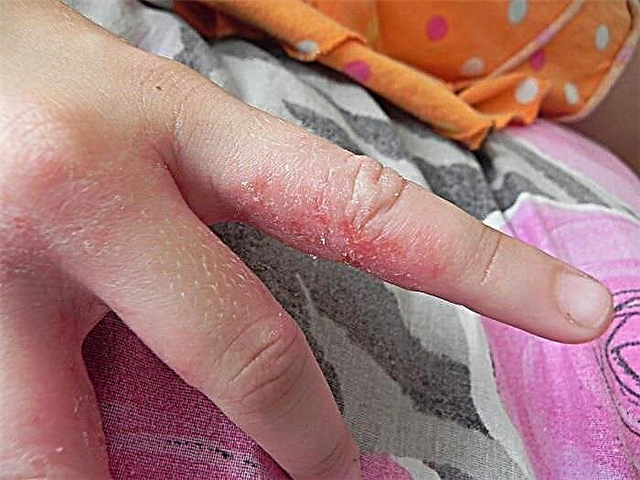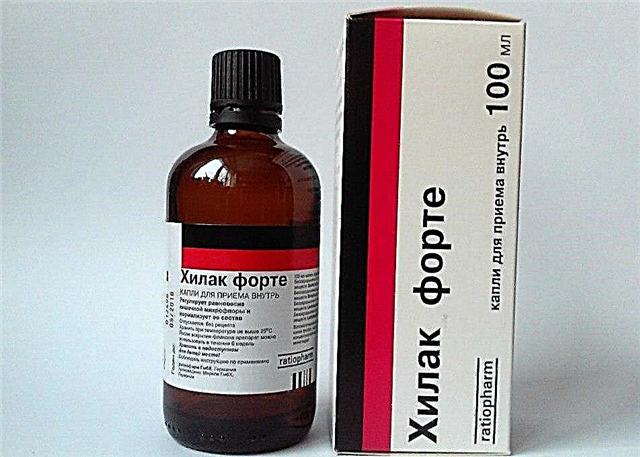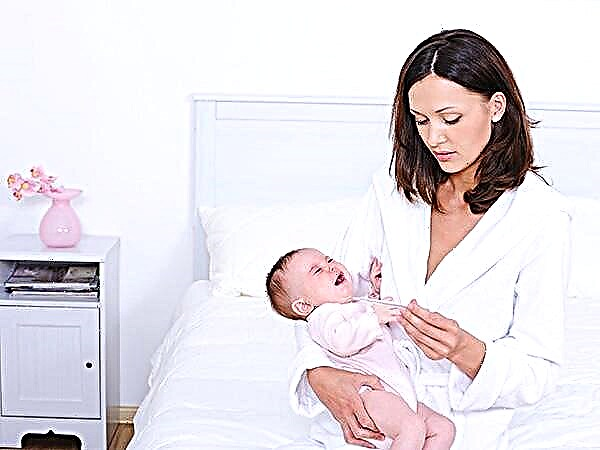
The mammary glands in women immediately respond to a variety of hormonal changes. The ovulation period is directly related to such changes and is regulated precisely at the hormone level. Therefore, certain discomfort and increased sensitivity of the breast during the ovulatory period are quite acceptable.
Why does it hurt?
The answer to this question is simple and obvious: the chest hurts in response to a change in hormonal levels. Without certain changes at the endocrine level, ovulation would be impossible, the woman would be infertile, and therefore the change in hormonal "influence" on the day of the release of a mature egg can be considered an absolute norm. A woman's breast consists of glandular tissue saturated with receptors that are especially sensitive to the influence of hormones. And the changes that are not visible to the eye and are not felt, may well be perceptible primarily for the glandular tissue.

In the first half of the menstrual cycle, the influence of estrogen prevails in a woman's body. The anterior lobe of the pituitary gland produces a special hormone that is characteristic only of women of the reproductive period - FSH. This active substance causes the follicles in a woman's ovaries to grow. Several antral vesicles with liquid cavities inside mature at the same time. But only one remains - the dominant one, the rest undergo involution (reverse development).
The dominant vesicle is constantly growing due to an increase in the internal cavity in which the egg cell develops. By the middle of the cycle (1–2 days before ovulation), the level of estradiol in the blood rises sharply, and a surge in the hormone LH is observed. It thinns the follicle membrane, makes it vulnerable. A protrusion (stigma) forms on it, and on the day of ovulation, the follicular membrane ruptures in this place. A mature and ready to merge with a sperm cell comes out and becomes available for fertilization for the next 24–36 hours (this is how much time is allotted for the life of the female reproductive cell).

The breast on the day of ovulation (and often several days before it) increases, the nipples acquire increased sensitivity, and sometimes some soreness, primarily as a reaction to an increase in the woman's blood luteinizing hormone.
At the time of ovulation, when the follicle ruptures, the so-called yellow body, a temporary gland that produces progesterone, immediately begins to form in its place. And on the very day of ovulation, there is perhaps the most serious endocrine drop in the entire cycle - estrogen reaches a minimum, progesterone production begins. It also cannot go unnoticed by the sensitive receptors of the glandular tissue that make up the mammary glands.
The value of progesterone for a woman can hardly be overestimated. It helps her body prepare for a possible pregnancy, makes the layer of the inner lining of the uterus (endometrium) thicker, which is very important in case the conception has taken place - the embryo must be implanted into the endometrial layer. Progesterone is produced in any case, even if conception did not occur, because this is the work of the corpus luteum, and because of it, the second half of the female cycle is called luteal.

Breast augmentation during ovulation can persist after it, this is a normal reaction of the female body to progesterone.
For some, the breasts remain tender and slightly enlarged until the next menstrual period.
Women who suffer from the so-called ovulatory syndrome, a complex of sensations and pains that are characteristic of them during ovulation, usually complain about chest pain during the ovulatory phase. Usually these are the fairer sex with a low pain threshold and high excitability of the central nervous system.
If the time of onset of such pains is quite individual, then mastalgia (chest pain) should end at certain intervals - no later than 2-3 days after ovulation. Persistence of pain can be a symptom of pathology, one of the first signs of pregnancy.

If the pain persists for more than three days, it may not be directly related to ovulation.
What pain could it be?
Pain during ovulation can be more or less intense. If they have a direct connection with the ovulatory process, mastalgia is called cyclic, it repeats from cycle to cycle. This is considered the physiological feature of a particular woman, and there is no need to treat such mastalgia.
Such physiological ovulatory processes in the mammary glands, as a rule, have a bilateral symmetrical character, that is, both the right and left breasts swell and hurt, the nipples are sensitive, the areola is slightly coarse, and there may be slight pulling pains on the sides of the mammary glands.

There is also acyclic mastalgia, when the pain is one-sided. It may be associated with hormonal changes in the middle of the menstrual cycle, or it may indicate the presence of pathology. If the chest hurts every month in the middle of the cycle, acyclic mastalgia can be conditionally classified as a normal variant. But if the woman did not previously feel anything like this, and soreness appeared in the current cycle, this may indicate a gross hormonal disorder. Often this happens after a woman takes drugs for urgent postcoital contraception in the first half of the cycle, such as Postinor.
Acyclic pain can be a sign of injury to the gland itself, a violation of innervation (hypothermia, inflammation of the lymph nodes, etc.). Therefore, it is very important to note the accompanying symptoms. In this case, pain cannot be associated with the ovulation phase. It is acyclic mastalgia that often accompanies the height of the state of clinical depression.
The pain in this case is exclusively psychosomatic in nature, you need to contact a psychiatrist or psychotherapist, as the depression is treated, pain in the mammary glands can be dealt with without much difficulty.

The first thing to do for acyclic chest pain is to see a doctor. The fact is that such mastalgia can be an indirect "companion" of thrombophlebitis, osteochondrosis, heart disease.
Another type of chest pain that can also appear during ovulation is extramammary mastalgia. It is not interconnected with either ovulation or sex hormones, more often it is a "echo" of other disorders in the female body, which simply coincided with the ovulatory phase. The real reason may lie in a malfunction of the nervous system, in neuralgia, in diseases of the sternum, spine, stomach.
Such pain should also be a reason for seeking medical attention. Many pathologies are easier to treat the earlier they are detected.

How to make it easier?
Ovulatory pain in the mammary gland does not need treatment if they do not annoy the woman very much, do not interfere with her usual lifestyle, wear her favorite underwear, and have sex. If the sensations are quite pronounced and the woman clearly interferes, you should try to follow a few tips that will help alleviate the condition in the middle of the cycle.
During ovulation it is worth giving preference to supporting bras made from natural fabrics with wide shoulder straps. The larger the bust size, the wider the straps should be. This will help to rationally distribute the load on the mammary glands and partially reduce the discomfort when walking and running.
- In the ovulatory phase we must not forget about the need for fresh air, since a drop in estrogen levels causes small spasms of blood vessels - you should walk more in the air, replace active sports with unhurried walks.

- When sitting at a desk, while working at a computer, keep your back straight... This will reduce the stress on the mammary glands by shifting the center of gravity.

- Use cool breast baths, which can be repeated morning and evening. You can add valerian, chamomile or calendula broth, thyme infusion to the water. These alternative medicines can help reduce pain and tension in the breasts.

- Do an independent vibration and stroking massage of the mammary glands, with your fingertips, gently tapping and stroking the breast from top to bottom towards the nipples, on the sides of the gland. This improves blood circulation and partially reduces breast tenderness.

- Don't take hot bathsas long as chest pains persist.

From medications, you can use all well-known drugs with analgesic effect ("Mig", "Ketorol", "Spazmalgon"), but remember that if your plans include conceiving a baby in this cycle, then it is better to refrain from painkillers. It is believed that analgesics do not have the best effect on the ovulatory process. In this case, you can limit yourself to taking antispasmodics, such as "No-Shpy".


In case of severe pain that significantly reduces the quality of a woman's daily life, it is worth consulting a doctor to get an appointment for oral contraceptives. These hormonal agents block ovulation, the hormonal background is maintained artificially throughout the cycle, there are no changes, the breast, as a result, does not bother.
For more information on why your chest may hurt, see the next video.



